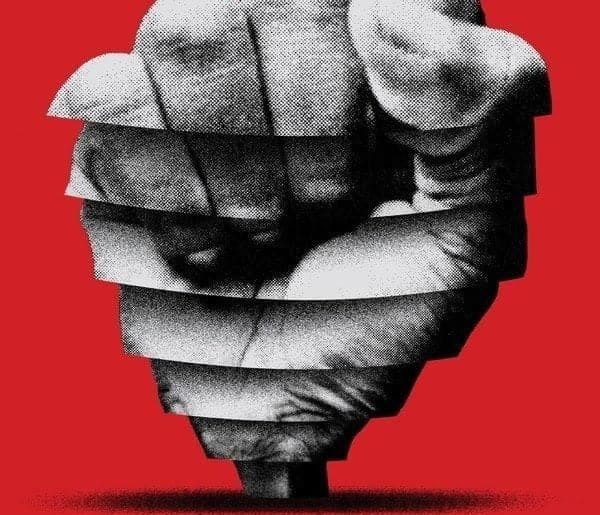India has had an illustrious history of protests. Be it the pre-independence times or the post. But nearly every time, these protests are accused of being mere activities of political agendas and activities.
Whenever we see something going wrong in the social or political sphere in the nation, we take to the streets. Be it the recent Citizenship (Amendment) Act (CAA) and National Register of Citizens (NRC) agitations or The Bihar Movementof 1974, the students along with political leaders wanted the nation to change. But both these agitations till some extent had a political flavour within them. The Leftist parties for the latter and Jana Sangh(Later Bhartiya Janata Party) for the post, and it is these political ideologies that have made many of these protests a victim of political rivalries, thereby weakening their credibility. Though politics in protests has helped protests to become effective but this effectiveness always comes with a price.
Nick Srnicek and Alex Williams, writers of the book Inventing the Future: Post capitalism and a World without Work, question the power of marches, protests, and other acts of what they call folk politics.
They said, “These methods are more habit than solution. Protest is too fleeting. It ignores the structural nature of problems in a modern world. The folk-political injunction is to reduce complexity down to a human scale.”
This impulse promotes authenticity-mongering, reasoning through individual stories (also a journalistic tic), and a general inability to think systemically about change.
Take the example of the DTC bus burning near Jamia Millia Islamia. Every time the protestors want to raise a valid critical point over the CAA and NRC legislation, they are shut out by the pro-legislation groups on this violent act. Though the protestors claim that they weren’t a part of the act which was later proved to be true but their credibility was compromised using fake news and propaganda.
Violence has always been part of the political process. Politics does not merely encompass the actions of Legislative assemblies, political parties, electoral contests and other formal trappings of a modern Government. Protest activities of one form or another, efforts to dramatize grievances in a fashion that will attract attention, and ultimately the destruction or threatened destruction of life and property appear as expressions of political grievances even in stable consensual societies like India.
In one sense, to speak of violence in the political process to speak of the political process itself; the two are inseparable. The ultima ratio of political action is force. Political activity below threshold of force is normally carried on with the knowledge that an issue maybe escalated into overt violence if a party feels sufficiently aggrieved. So be it Hindutva for the Bhartiya Janata Party, the dynastic politics for the Congress or the worker and trade union politics for the Left parties.
Medha Patkar, an environmental activist, who was a leading figure in Narmada Bachao Andolan, was able to stall the Narmada Dam project. She was successful as her lobbying made the World Bank withdraw its funding from the project. Still the project was completed with the help of public funding and the dam stands tall on the Narmada River. This tells us that protesting is a right of citizens of a democratic nation but protesting responsibly is also a duty.
We protestors have to be rational in our demands or otherwise protests get intermixed with politics. Like the students’ union protested against the change of names of Aligarh Muslim University and Banaras Hindu University into Aligarh University and Banaras University in the 1970s. Just think about the level of communal harmony this simple name change could have done.
If we look at the protests today as an exercise in public awareness, they appear to have had mixed success at best. Their messages are mangled by an unsympathetic media smitten by images of property destruction—assuming that the media even acknowledges a form of contention that has become increasingly repetitive and boring. Therefore we should always protest whenever we want to see change but always be responsible and rock hard on our goals.
As in recent times many student politicians have started protesting, not for student problems but for popularity, which is not only catastrophic now but also in the future.
One of my close friends told me that hearing about JNU students protesting has become so common that now people don’t even care. Though I have my own interpretations but still I can’t help but agree with him on a great extent.
Feature Image Credits:The New Yorker
Aniket Singh Chauhan





Comments are closed.